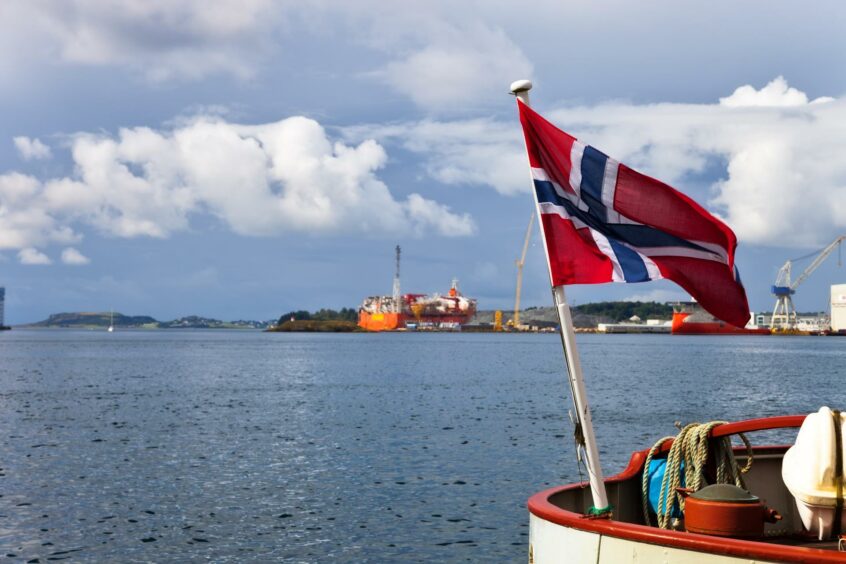
In February, the Norwegian Ministry of Finance announced a consultation on the proposal that Norway extend its taxing rights. This would include non-resident companies undertaking certain offshore activities in renewable energy.
At present, like the UK, Norway generally only taxes the income of non-resident companies from activities onshore or in its territorial waters. Currently, the only exception to offshore activities beyond the territorial waters is where the non-resident company carries on petroleum activities in that area. In that specific case, the income a non-resident company derived from the continental shelf activities is also included within the Norwegian tax net.
The consultation proposes Norwegian taxing rights over the Norwegian continental shelf be extended to include the income derived by non-resident companies from:
- the exploration and exploitation of renewable energy resources;
- carbon management (including capture, utilisation, storage and transport); and
- the exploration and exploitation of mineral deposits.
The proposal also encompasses income from auxiliary activities and from employment derived in connection with such activities.
Part of the justification for the proposal is that it creates a level playing field between resident and non-resident companies and employees, as Norwegian entities and individuals undertaking these activities on the Norwegian continental shelf are already within the scope of Norwegian tax.
The consultation closes on 21 May, but the proposal states that the changes should have immediate effect. Therefore, depending on the outcome of the consultation it may be that these measures are included within the Norwegian budget in October and are effective as soon as 1 January 2022.
Turning to the Norwegian oil and gas tax regime, the Norwegian government has finalised the proposal it set out last year and has put forward its suggested changes to amend the Norwegian Petroleum Tax Act to the Norwegian parliament.
The changes bring the Norwegian oil and gas tax regime into more of a cash flow system of taxation with immediate tax relief for investment expenditure against the special tax rate (and a consequential discontinuance of uplift, and no relief for finance costs); interest on tax losses is abolished and the system moves to providing an annual special tax refund where losses arise; and, transitional rules for losses carried forward.
These changes do not apply to the normal corporation tax rules, where investment expenditure continues to be deductible over a six year period for the 22% tax rate.
The oil and gas changes are consistent with the proposals made by the Norwegian Government last year. They seek to make investment in oil and gas in Norway more attractive by providing immediate relief for capital investment against the special rate tax, and almost immediate monetisation of any tax losses. The overall tax rate remains high at 78% but the tax regime is more cash flow oriented.
The proposed extension to tax non-residents undertaking the exploitation of renewables, carbon capture or mineral extraction is surprising, but only because other countries haven’t yet taken that step. Many of these activities are emerging and small scale at present, but any non-residents involved in offshore wind activities in Norway will sit up and take notice, especially as the rules may – if enacted – apply from 1 January 2022.
At present, the UK hasn’t indicated that it is mindful to make similar changes but that may purely be a matter of time.
Recommended for you

 © Supplied by (Photo: Richard Frew
© Supplied by (Photo: Richard Frew